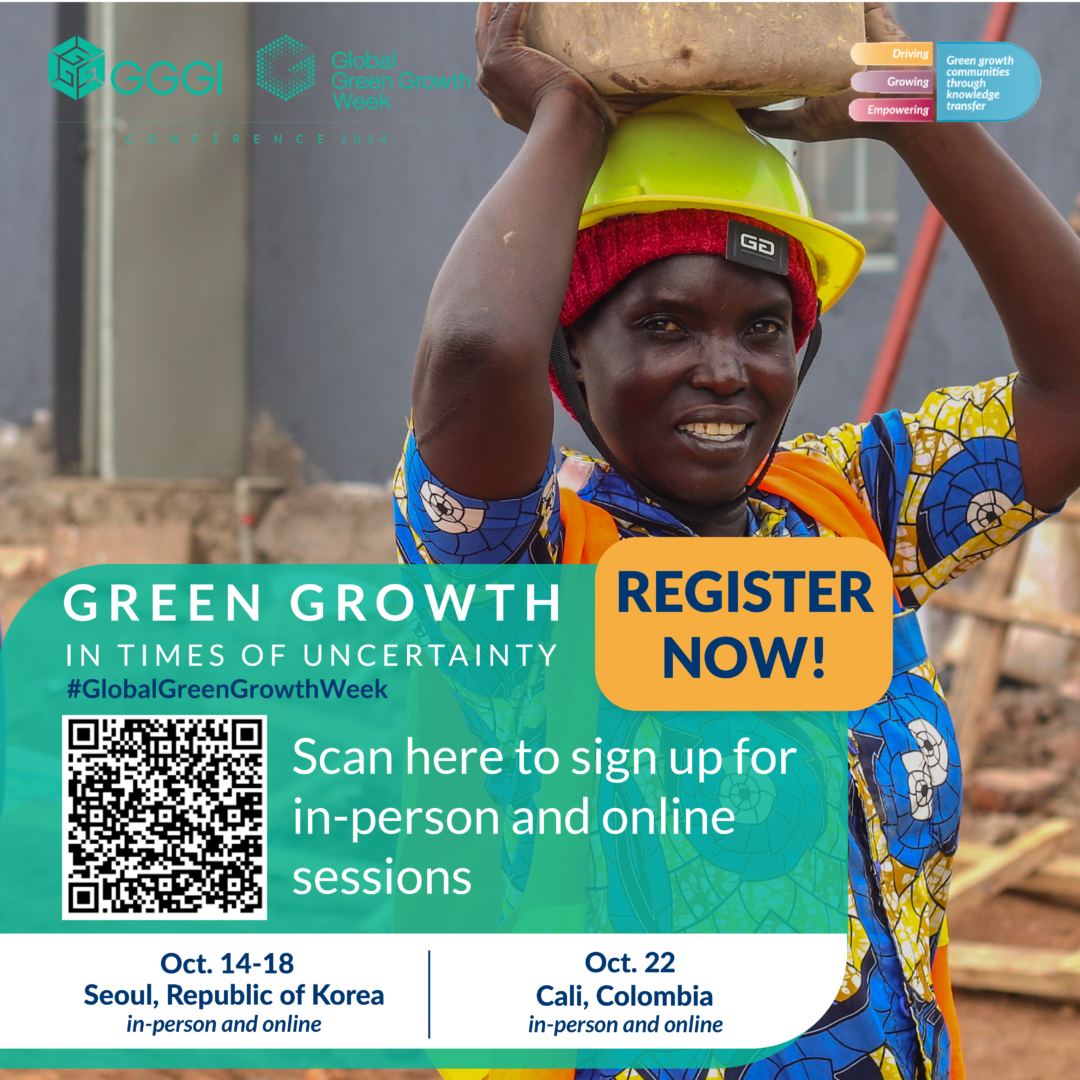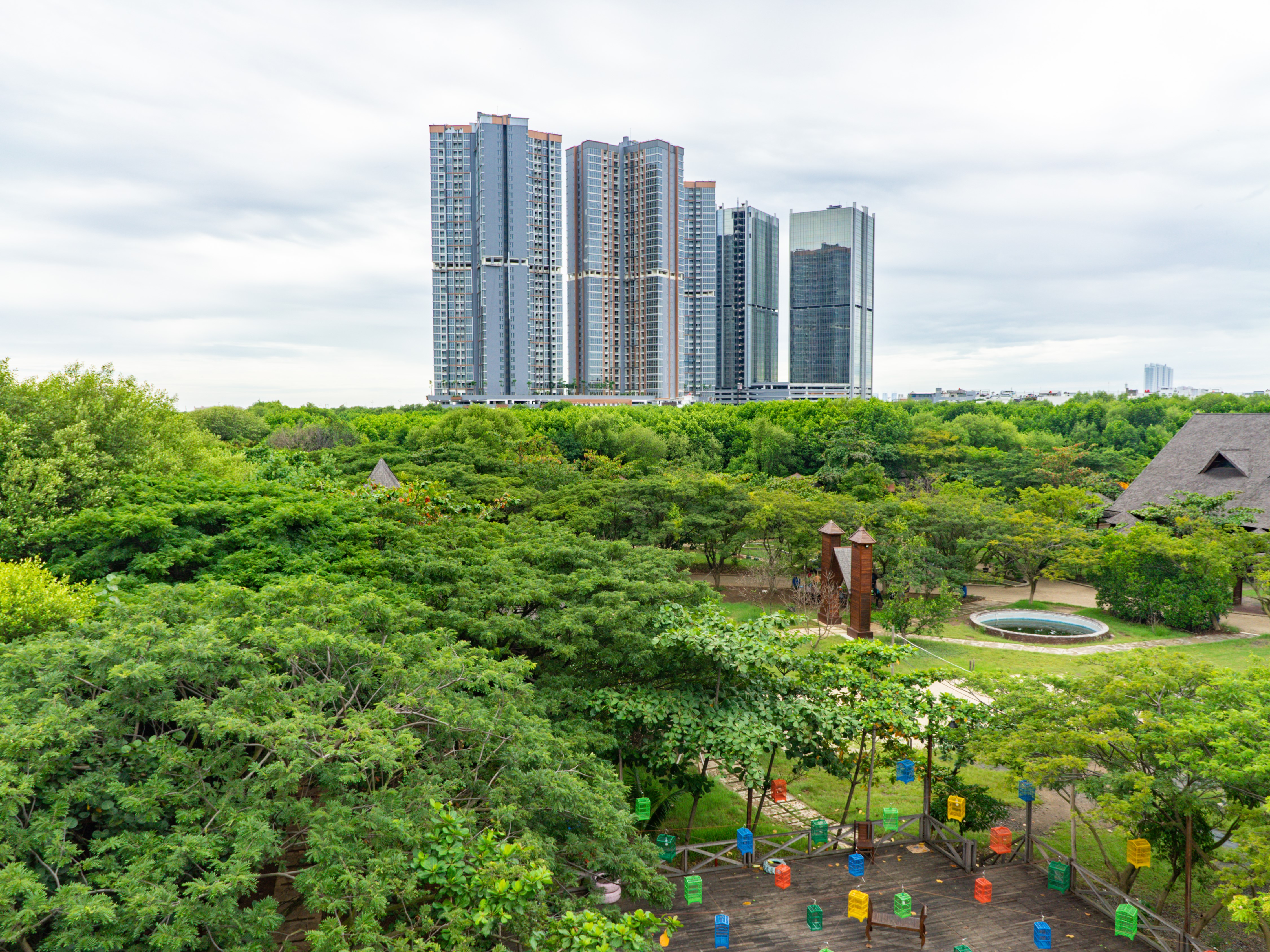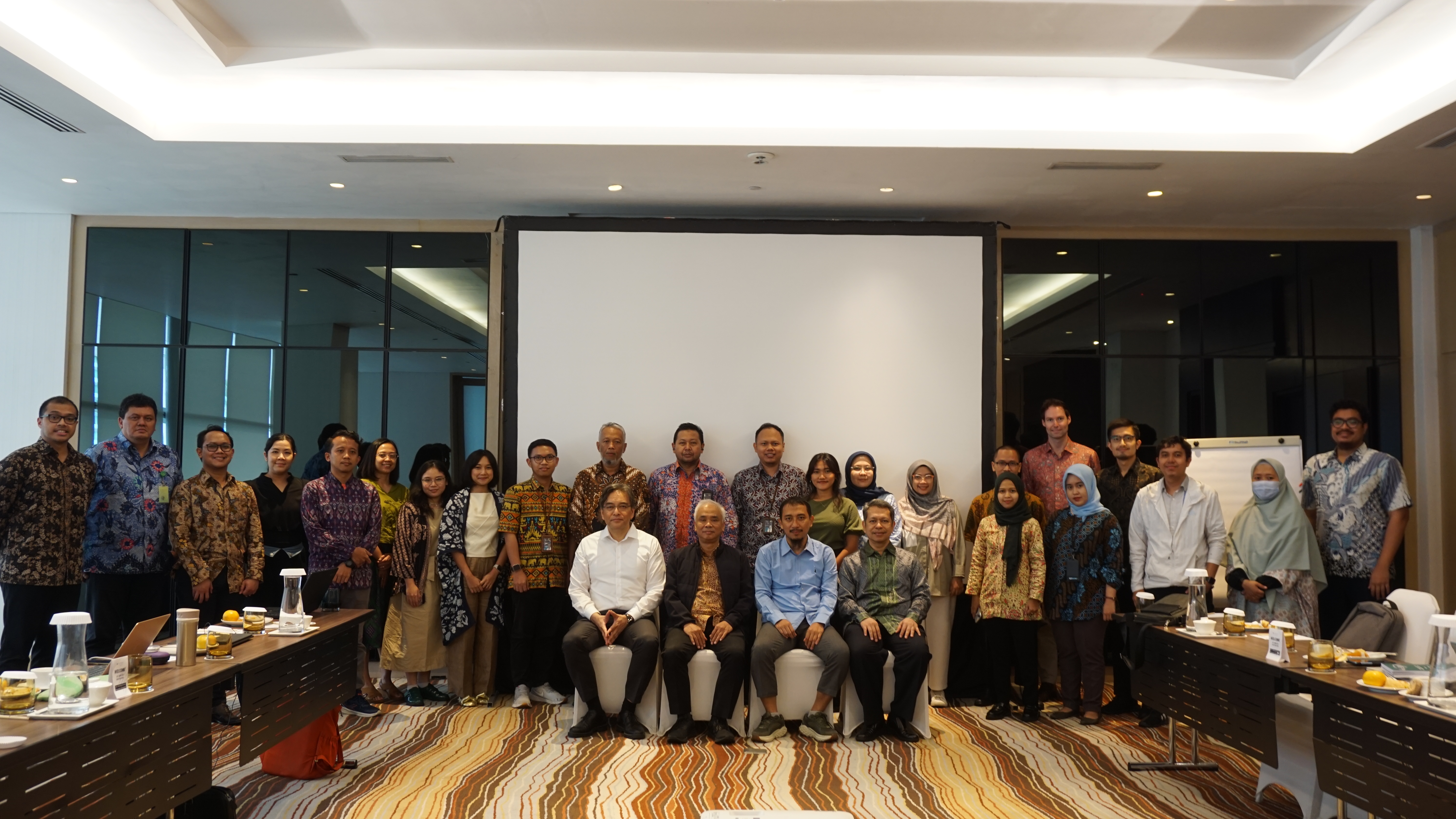Talkshow: prioritizing green investment delivering green growth
During the Phase II Launch of the Green Growth Program (GGP) on August 31, 2016, Senior Journalist Desi Anwar moderated a discussion with GGGI’s key stakeholders on how to address the challenges in attaining long and short term sustainable development goals.
It was mentioned during the discussion that Indonesia has set an ambitious target of generating US$56 billion in green investments from international funds by 2019 and Rp 448 trillion in local green investments. On top of that, the Indonesian government is aiming to reduce carbon emission by 29 percent by 2030 as stated in the Conference of Parties (COP) 21 in Paris last year.
The discussion started by focusing the forestry sector. Senior Advisor on Natural Resources Economy to the Minister of Environment and Forestry (KLHK), Agus Justianto, explained that to achieve the targets set by the government, KLHK must set up the methodology, mechanism, procedures, and regulations for the green growth projects. KLHK will continue to assist GGGI and the government in developing and implementing the GGP with regulatory approach, implementing directly on field/ forest sectors and working together with provincial governments and communities.
In addition to the KLHK’s initiatives, Director for Infrastructure Development and Planning for the Directorate-General of New Renewable Energy and Energy Conservation, Hendra Iswahyudi, mentioned that in achieving green economic growth, a collaboration with companies and partners is required to secure the participation of investors in renewable energy programs. On the other hand, there are concerns in the procedures and regulations in investing in energy conservation. These procedures and regulations will determine the long term value of the investment and how the value can be increased and fully utilized.
On another note, Director for Road and Bridges for the Committee for Acceleration of Priority Infrastructure Delivery, Max Antameng, emphasized that the basic problems are funds, land acquisition, and project timeline. Investors are concerned on how the government will accommodate and facilitate the project development and guarantee outcomes.
In addressing Antameng’s concern, Director of Agribusiness and Other Natural Resources Industry Planning for the State Ministry for Investment (BKPM), Hanung Harumba Rachman, suggested socializing and educating domestic and foreign investors as well as the general public on business procedures and project investment. Additionally, it is important for the government and investors to be consistent with policies and their commitment.
President Director of PT SMI, Emma Sri Martini said that long term financing is a problem that adds to those mentioned by other speakers. As SMI is a non-depository institution, it can provide alternative funding options such as senior and junior loans, equity investments and other varieties of products to support project development.
Director General GGGI, Yvo de Boer, mentioned that GGGI will continue to help reduce the risk and focus on creating bankable projects as it supports the government in achieving its target. The Green growth program will be funded through the government’s budget and private sectors to create sustainable economy and achieve the government goals in investment.




